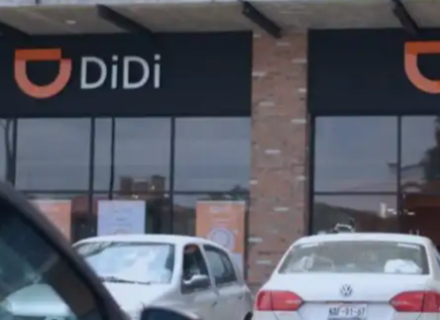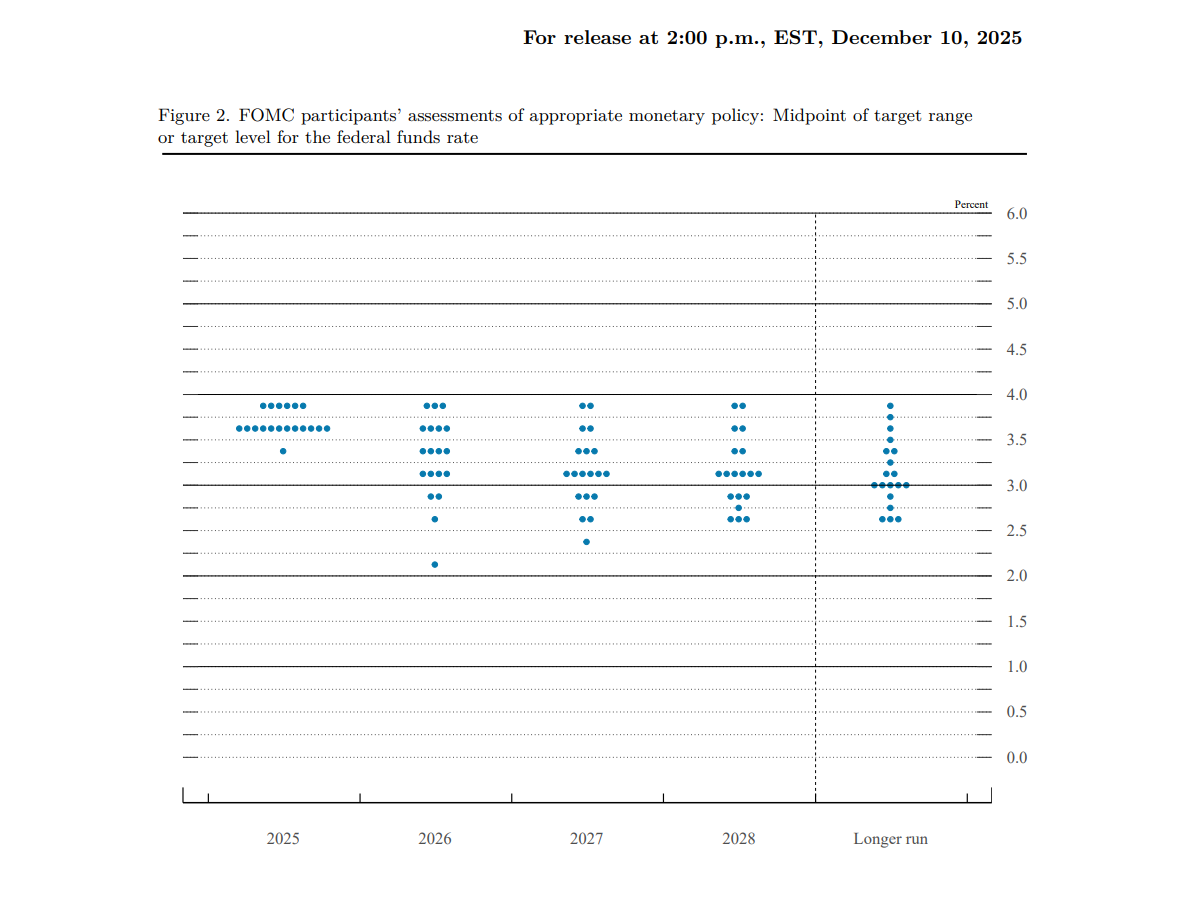-
Ethereum’s decentralization is facing a critical challenge as MEV (Maximal Extractable Value) arbitrage becomes increasingly centralized among a few dominant players, threatening the network’s foundational principles.
-
Recent research reveals that exclusive contracts and the rise of block builders controlling transaction ordering are driving this concentration, raising concerns about fairness, censorship resistance, and network security.
-
According to COINOTAG, only three companies—beaverbuild, Titan, and rsync—currently dominate Ethereum’s block composition, highlighting the urgent need for solutions to preserve decentralization.
Explore how Ethereum MEV arbitrage centralization threatens decentralization, fairness, and security, and learn about community-driven solutions to safeguard the network’s future.
Ethereum MEV Arbitrage Centralization: Unveiling the Growing Concentration of Power
Ethereum’s MEV arbitrage, once a broadly competitive activity, is now alarmingly concentrated in the hands of a few key players. MEV, or Maximal Extractable Value, represents the additional profit miners or validators can extract by strategically ordering transactions within a block. Arbitrageurs capitalize on price differences between centralized exchanges (CEXs) and decentralized exchanges (DEXs), executing rapid trades to capture spreads. However, this lucrative opportunity has led to fierce competition, where only those with privileged access and resources can consistently secure profitable transactions.
The recent study titled “Measuring CEX-DEX Extracted Value and Searcher Profitability: The Darkest of the MEV Dark Forest” highlights that exclusive agreements with block builders and the emergence of arbitrageurs as block builders themselves have concentrated MEV extraction power. This trend undermines Ethereum’s decentralization by creating gatekeepers who control transaction inclusion and ordering, shifting influence away from the wider validator community.
The Role of Block Builders in Post-Merge Ethereum and Its Impact on MEV Dynamics
Following Ethereum’s transition to Proof-of-Stake, the network introduced Proposer-Builder Separation (PBS) to divide responsibilities between proposers (validators) and block builders. Proposers attest to block validity, while builders construct blocks by selecting and ordering transactions to maximize profitability, including MEV opportunities.
While PBS aimed to decentralize block production, the reality is that block building has become highly centralized. The dominance of a few block builders—namely beaverbuild, Titan, and rsync—means that these entities wield significant control over which transactions are prioritized. This concentration not only threatens fairness but also increases the risk of censorship and network manipulation, as these builders can exclude or reorder transactions to their advantage.
Implications of MEV Centralization on Ethereum’s Core Values and Network Security
The centralization of MEV arbitrage poses multifaceted risks to Ethereum’s ecosystem:
- Decentralization Erosion: Power consolidates among a few block builders, reducing the diversity of validators and increasing systemic risk.
- Censorship Risks: Centralized builders could collude to censor transactions or addresses, undermining Ethereum’s permissionless nature.
- Unequal Playing Field: Smaller participants and independent searchers face barriers competing against entities with exclusive access and advanced infrastructure.
- Security Vulnerabilities: Concentrated control heightens the threat of targeted attacks or manipulation, potentially destabilizing the network.
- Innovation Stagnation: Dominance by a few discourages new entrants and reduces incentives for developing fairer MEV extraction methods.
These consequences collectively jeopardize trust in Ethereum’s neutrality and its promise as a decentralized financial platform.
Community and Protocol-Level Solutions to Combat MEV Centralization
Recognizing the severity of MEV centralization, Ethereum’s community and developers are actively pursuing solutions to restore decentralization and fairness:
- Enshrined Proposer-Builder Separation (ePBS): Integrating PBS into the protocol itself to randomize block builder selection and create a more equitable block production process.
- MEV-Burn Mechanisms: Proposals to redistribute or burn a portion of MEV profits, reducing incentives for aggressive extraction and leveling the playing field.
- MEV-Smoothing: Distributing MEV rewards more evenly among validators to minimize concentration and reduce competitive pressure.
- Transparency Enhancements: Developing analytics and monitoring tools to increase visibility into MEV activities and hold dominant actors accountable.
- Community Engagement: Encouraging broader participation in block building and educating stakeholders about MEV risks to foster a more resilient ecosystem.
These initiatives require careful design to balance efficiency, security, and decentralization, but they represent a proactive approach to safeguarding Ethereum’s future.
The Road Ahead: Maintaining Ethereum’s Decentralized Promise Amid MEV Challenges
The centralization of Ethereum MEV arbitrage is a pressing issue that demands ongoing attention. While MEV extraction is an inherent aspect of blockchain economics, its concentration threatens the network’s foundational ideals. The Ethereum community’s commitment to transparency, innovation, and decentralization is vital in addressing these challenges.
By advancing protocol upgrades like ePBS, implementing MEV-burn strategies, and fostering a diverse block-building ecosystem, Ethereum can mitigate the risks posed by MEV centralization. Sustained vigilance and collaborative effort will be essential to ensure that Ethereum remains a robust, equitable, and censorship-resistant platform for decentralized finance.
Conclusion
Ethereum’s MEV arbitrage centralization highlights a critical vulnerability in the network’s decentralization framework. Dominance by a few block builders threatens fairness, security, and censorship resistance, core tenets that define Ethereum’s value proposition. However, the active pursuit of solutions such as enshrined PBS and MEV-burn mechanisms demonstrates the community’s dedication to preserving decentralization. Addressing MEV centralization is imperative for Ethereum’s long-term resilience and its vision of an open, permissionless financial system.



